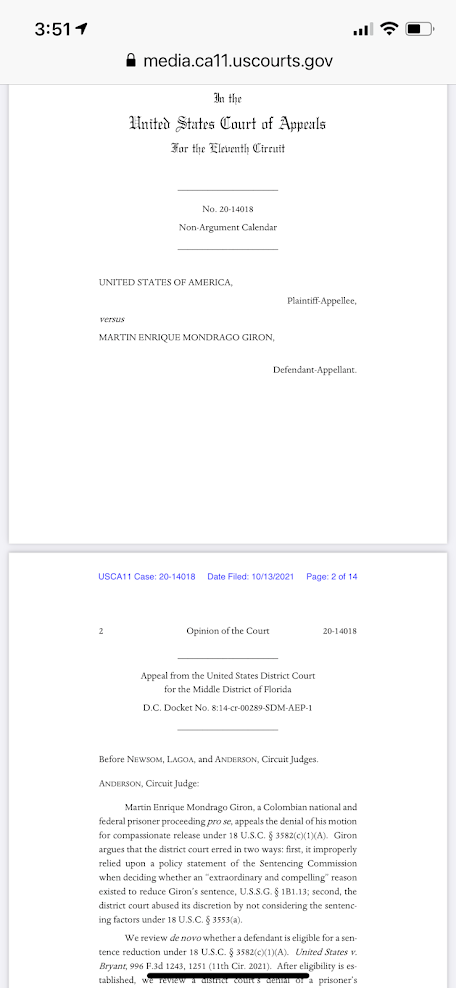The Supreme Court has a new argument format, as detailed in this Court guide to oral advocates on page 7. Jonathan Adler explains it here:
The Supreme Court has been utilizing a new oral argument format this term. Audio of the arguments is streamed live through the Court's website. Advocates get a brief opportunity to introduce and frame their case, followed by a period of open questioning, followed by an opportunity for each justice, in order of seniority, to ask additional questions they may have. ... The new format seems to result in longer arguments, but also more probative ones, and live audio is great.
One interesting development with the new format is that Justice Thomas has asked the first question in the vast majority of arguments thus far. Indeed, as of yesterday, Justice Thomas had asked the first question to all but one of the advocates so far this term. This is a positive development, as Justice Thomas' questions are good ones.
That last part about Justice Thomas now asking questions has been really interesting. Many have said that he really enjoyed asking questions during the telephonic arguments where questioning would go in order of seniority. And because he liked it, he likes to get his questions in first after the advocates finish their brief introduction.
Justice Sotomayor explained that the format of questioning changed because the female Justices were getting interrupted more often than their male counterparts.








